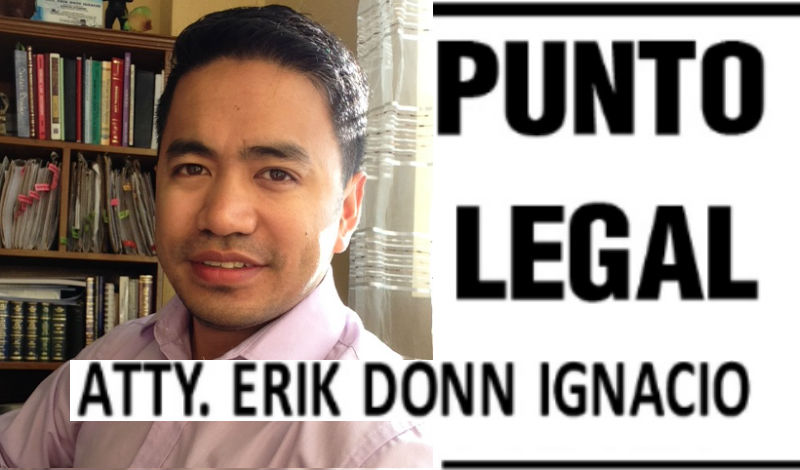Marriage involves the union of two individuals (male and female) and this union can be seen in the way conjugal properties are managed or treated. If no property regime is agreed upon before marriage, the default regime is absolute community- “whatever is yours is mine” unless otherwise ordered by a court. Whatever property acquired during the effectivity of the marriage is owned by both spouses even if the other spouse has not contributed any money in the acquisition of the said properties. Is this not unfair for the spouse who is the only one earning income? It might be so if marriage is an ordinary contract, but the Family Code states that marriage is a “special contract” and it also states that this will be the consequence of a marriage under the community property regime. In the first place, is it not the purpose of marriage that the spouses support each other? Do we not often hear couples promising that their union will be “for reacher or for poorer, till death do us part”? It is for this reason that one spouse cannot sell a conjugal property without the consent of the other.
PNB vs. Reyes
Venancio and Lilia Reyes were married in 1973 and during their marriage acquired several real properties. These properties were mortgaged to the Philippine National Bank (PNB) to secure a loan in 1994 amounting to 3 million pesos. The loan was not paid so PNB foreclosed the properties in 1997 to satisfy the said indebtedness and since the bank was the only bidder, the ownership of the real properties were transferred in its favor. Venancio later filed a case for annulment of the mortgage on the ground that he did not consent to the same and his signatures appearing on the deed of mortgage and promissory note were forged. The trial court found that indeed Venancio’s signatures were forged as found by the handwriting expert presented in court. The bank employee who accepted and processed the documents for the loan also admitted that he did not meet Venancio or witness him sign those papers. The trial court then declared the mortgage void for lack of consent on the part of Venancio. PNB appealed until the case reached the Supreme Court.
Void for Lack of Consent
The Supreme Court agreed with the trial court that the deed of mortgage is void. “The real estate mortgage over the conjugal properties is void for want of consent from respondent. The Family Code is clear: the written consent of the spouse who did not encumber the property is necessary before any disposition or encumbrance of a conjugal property can be valid.” (G.R. No. 212483, October 05, 2016) In this case however, since the couple were married before the effectivity of the Family Code, the Conjugal Partnership of Gains applies. In this case, Art. 124 is applicable: “The administration and enjoyment of the conjugal partnership shall belong to both spouses jointly.” Lack of consent of the other spouse makes any disposition void. It does not mean however, that the indebtedness to PNB will no longer be collected. The SC added that: “Although petitioner cannot foreclose the mortgage over the conjugal property in question, it can still recover the loan amount from the conjugal partnership.” In conlusion, the Court decreed “that Spouses Venancio C. Reyes, Jr. and Lilia Reyes are declared jointly and solidarily liable with each other with their separate properties if their conjugal partnership is insufficient to fully pay for the loan.” This means PNB can still collect the indebtedness by pursuing the conjugal partnership and if still insufficient the separate properties of the spouses may still be liable.















